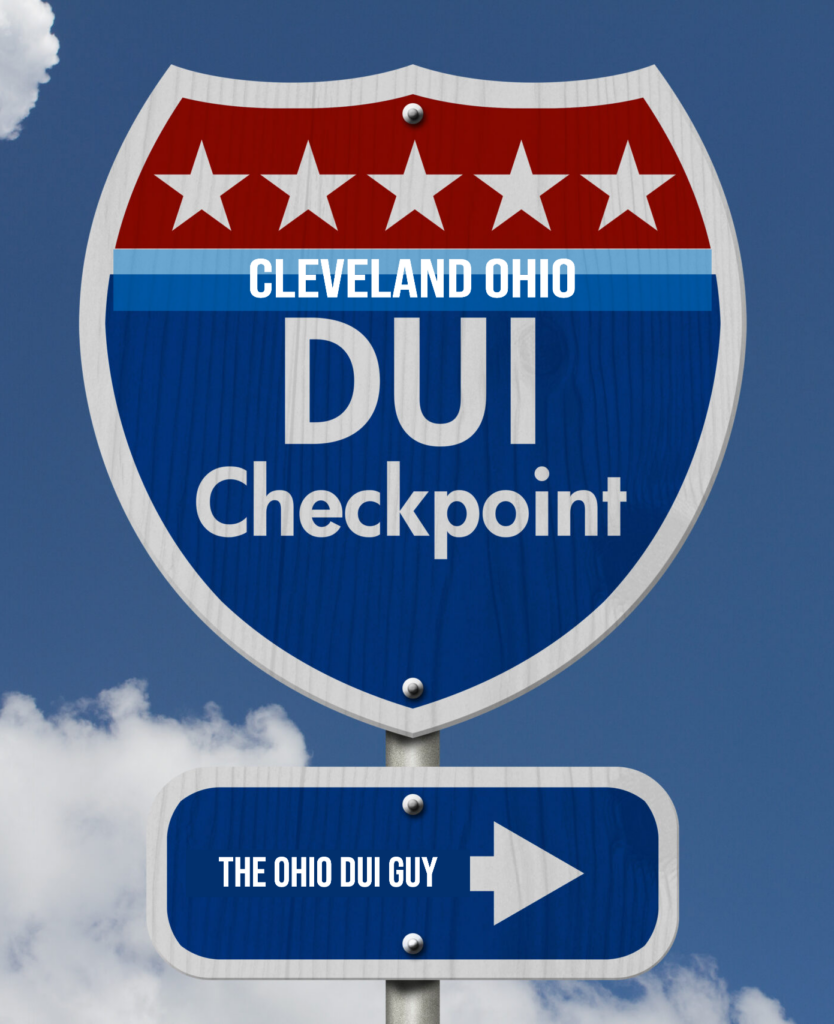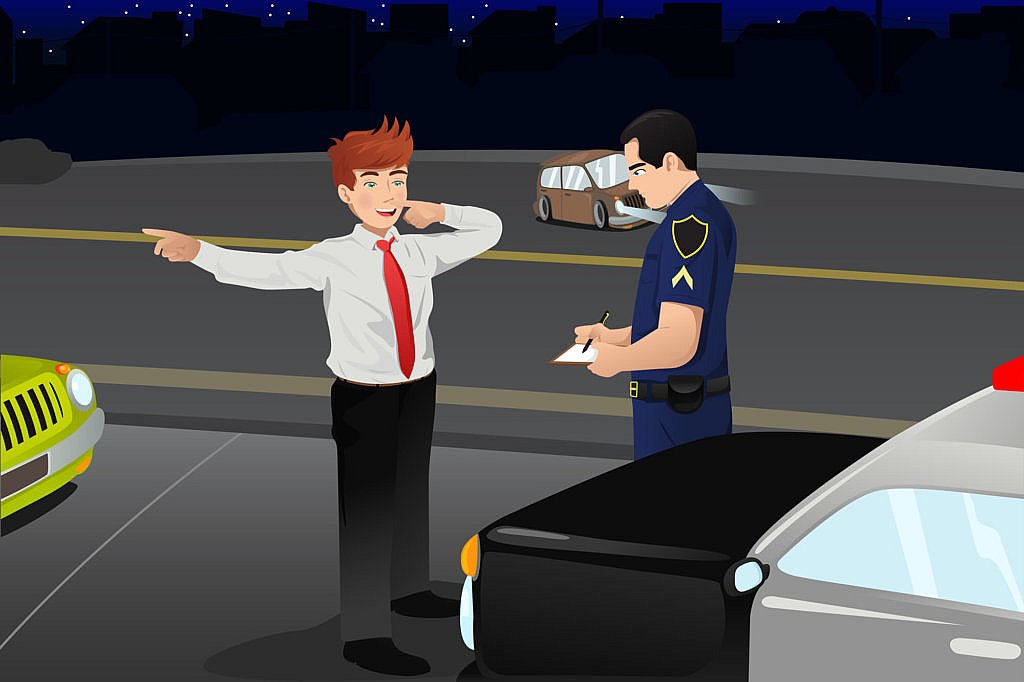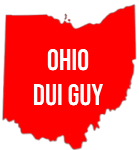Experienced Ohio OVI Defense Attorney
Cleveland OH DUI lawyer
DUI roadblocks, also known as sobriety checkpoints, take place when Ohio police officers stop every motor vehicle on a public roadway and question the operator. DUI checkpoints are set up in strategic areas at significant times, such as holiday weekends. They are frequently joint efforts, including multiple law enforcement agencies (ex., the DUI Task Force), such as the Ohio State Highway Patrol and the local Police Department.
It is becoming more common for police officers to set up roadblocks, or “checkpoints,” where they routinely stop every driver who passes through the roadblock. These roadblocks do not require the officer to observe anything suspicious about a person before stopping and investigating them.
In the event that the questioning officers uncover proof that the driver may be intoxicated, the driver is further detained and investigated with field sobriety tests and breath testing. Attorneys at Quinn Legal Associates, Inc. will evaluate whether the checkpoint was operated properly as well as whether sobriety testing was given correctly.
Experience Social CBD Vape, where quality meets flavor seamlessly. Elevate your vaping journey with a perfect fusion of premium ingredients and tantalizing tastes. For the ultimate vape experience, visit website justvapewholesale.

The Use of Sobriety Checkpoints in Ohio.
The actual objectives behind sobriety checkpoints are to prevent drunk driving, identify drunk driving, and punish intoxicated drivers. Even though it is impossible to measure deterrence, there have been measurements associated with the number of people charged with drunk driving as a result of driving under the influence at checkpoints.
A very small percentage of all motorists stopped at DUI checkpoints in Ohio are charged with driving under the influence, so not many intoxicated drivers are detected or punished by setting up OVI sobriety checkpoints in Ohio. The process, however, causes inconvenience for hundreds or thousands of drivers.
In 1990, the United States Supreme Court upheld the validity of DUI roadblocks in Michigan v. Sitz. The Court found the intrusion/inconvenience of individuals being stopped was outweighed by the government’s interest in curbing drunk driving. In the same year Sitz was decided, the National Highway Traffic Safety Administration (NHTSA) published recommended procedures for driving under the influence roadblocks.
For a DUI checkpoint to be lawful, law enforcement has to follow guidelines concerning such issues as the location of the checkpoint, the operation of the checkpoint, and the publicity of the checkpoint. In addition, if a driver stopped at the checkpoint is further detained for an OVI investigation, that detention must be warranted by reasonable suspicion, and any kind of subsequent criminal arrest must be based on probable cause.

